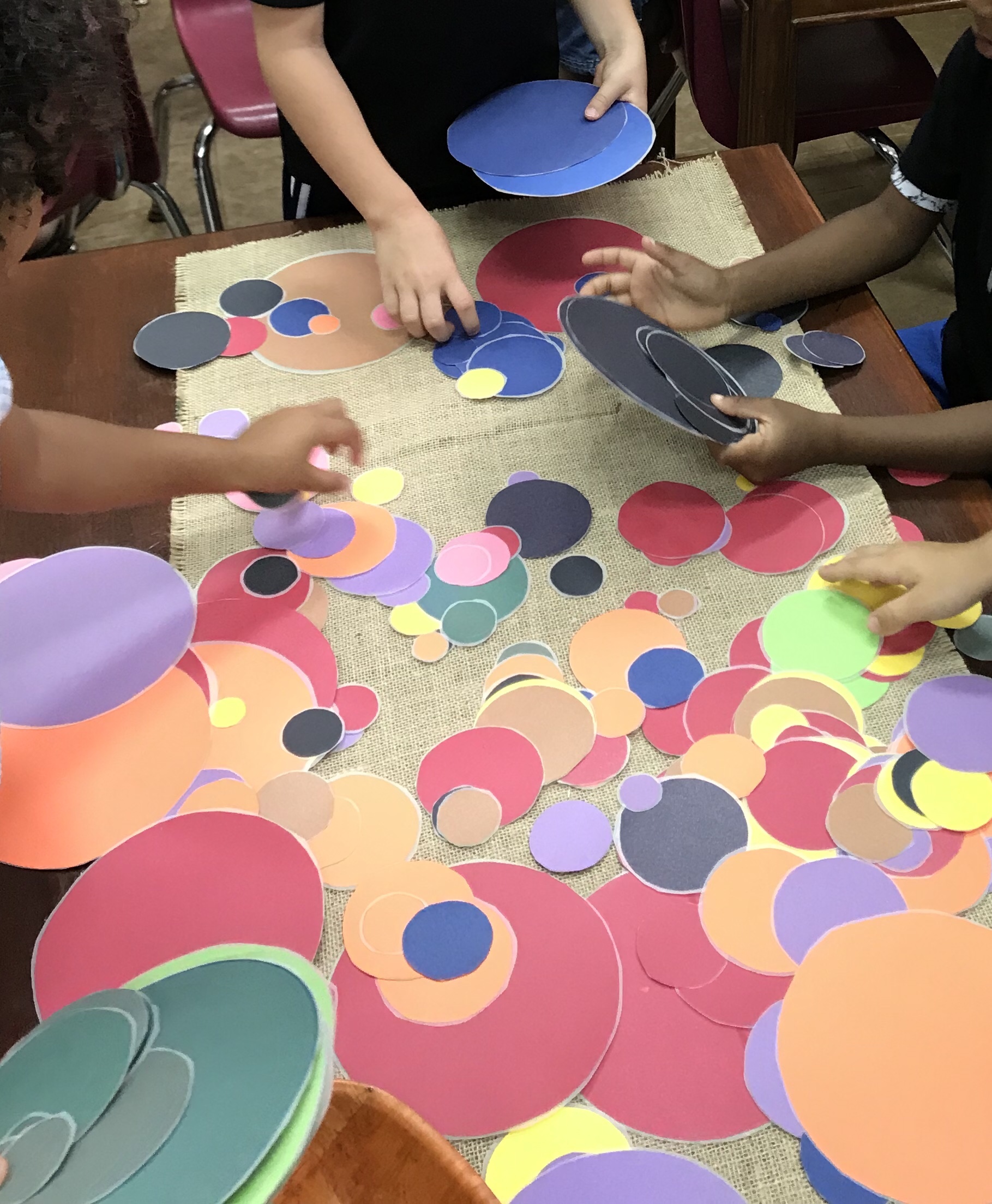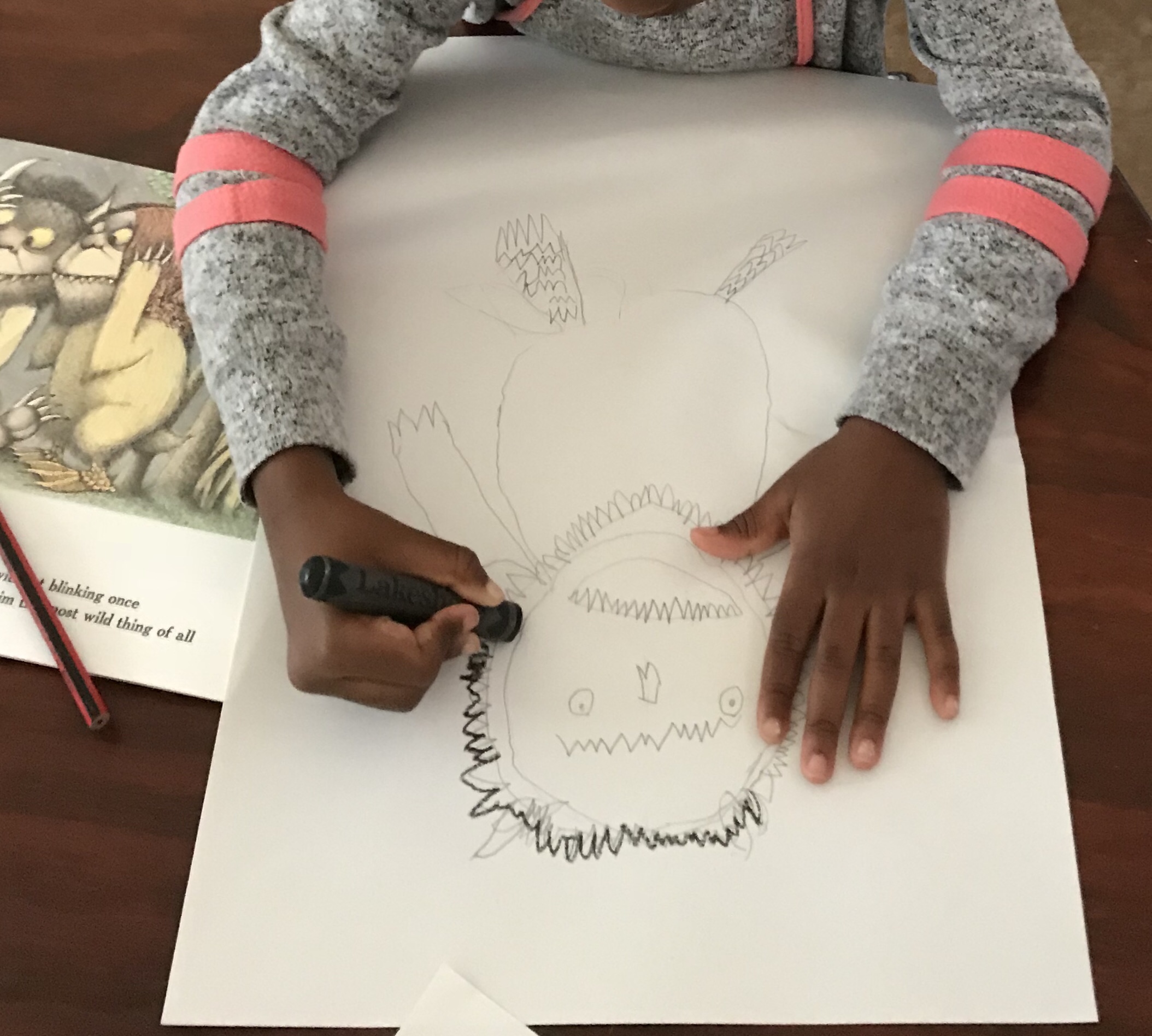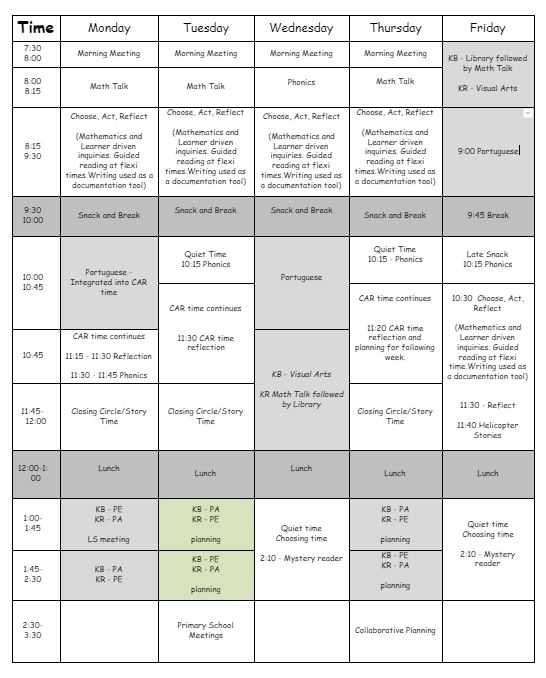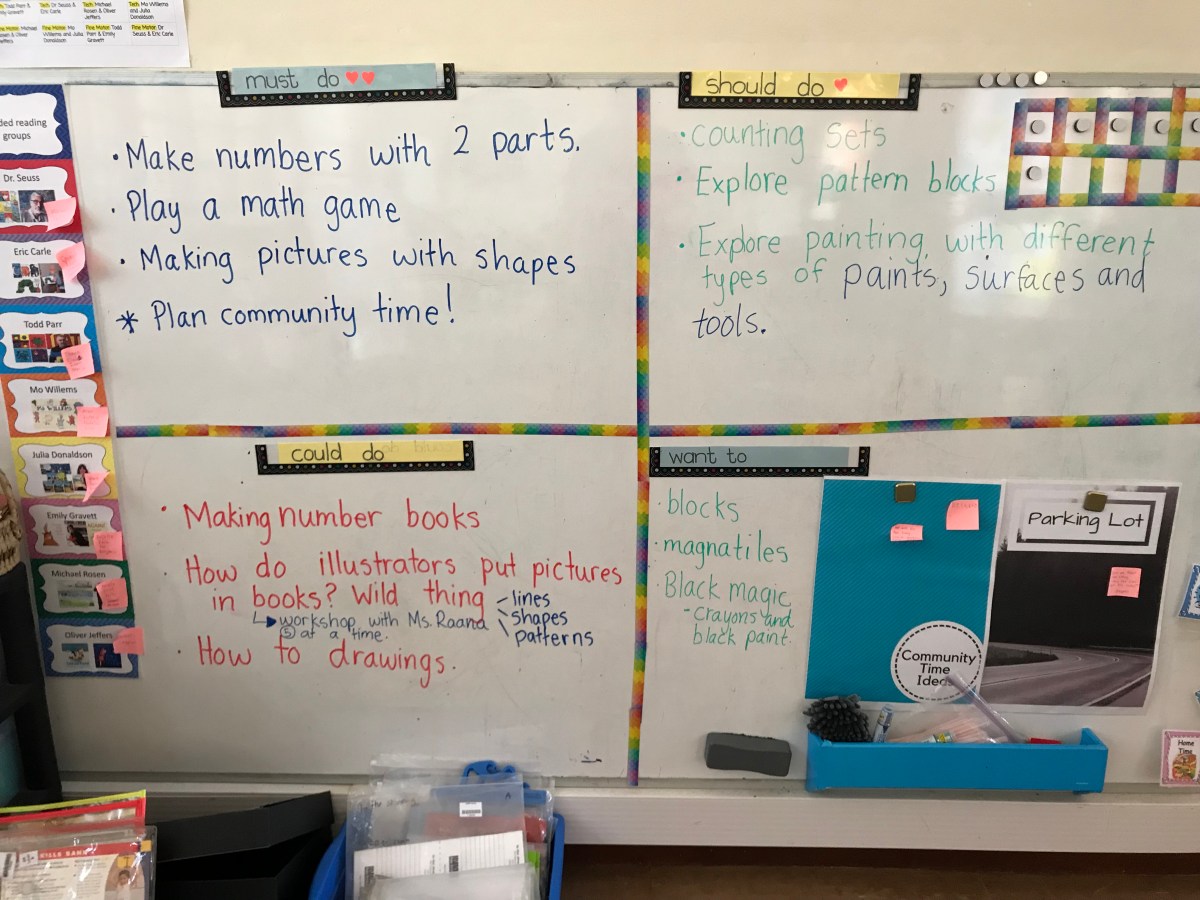Over my teaching career, there have been many things I have changed over time. I have moved from an environment of direct teaching to an environment where inquiry and learner agency is expected. Some practices have fallen away, some are revisited and others are evolved over time.
One such practice is the Must dO,Should do, Could dO,Want to, or MOSCOW method. A few years ago, a friend suggested I try Must, Should and Could do centers as a way to manage learning centers. I tried and failed. I felt that learners were not accountable for learning, I had not mastered the art of documentation ( a skill I am still working on…) and it was just not working for me. Moving from teaching in older grades in an environment that relied on direct teaching to a play based PYP inquiry model was quite a challenge for me. Upon reflection, I can say that I had been pushed way out of my comfort zone; I was not in control. As Sascha Heckmann (@sascha_heckmann) recently pointed out to me, I had not made the shift to understand that learning happens within the learner. I can provide an environment to promote learning and thinking, but I cannot control the learning.
Recently, I was inspired by Taryn BondClegg (@makingoodhumans) and another member of my PLN, David Gostelow (@davidgostelow1) to try again. In his post titled From Learners to Leaders, David shared how he was using this method in his early years class.
“Students learn best and work harder when they are excited by what they are working on. And when they design their own work, they understand why they are doing what they are doing and engage much more deeply with their learning.”
David Gostelow
I shared the idea with my colleagues and we had several decisions to make. We decided to keep our language teaching as stand alone. Though our program is quite structured, we have seen the amazing progress our learners are making. Furthermore, we know that our learners love writing because any day we have deviated from our structure, we have had complaints about not writing! So, we decided to start with changing our Explore time to Choose, Act, Reflect, or C.A.R. time.
We began by running 3 workshops in rotations to tune into learners’ understanding of the concept of form. These included exploring the form of a story, the form of circles and the form of a computer as they identified computer parts.


Then we asked our learners what they would like to learn, and to consider whether each experience would be a must do, should do, could do or want to do center. If we could not accommodate an idea in the following week, we added it to the parking lot, to revisit in the future. We also considered if some learning experiences were better as workshops.

Our CAR time choice board.


Using this information, I matched learning experiences to our learning outcomes. I decided to use a template that had been shared by Taryn in her post titled Getting Parents Onboard, to map both learning and our conceptual understanding. Following Taryn’s example, I shared this with families via Seesaw because I have learnt that by keeping parents informed, they stay involved in our learning community.

As we are trying to promote a free flow environment with lots of choices, we wanted to ensure learners took accountability for the centers they had decided to be must do centers. To support this, we have a printout with every learner’s name to highlight as they complete their learning.
Now that we had the choose and act elements of CAR time, the next step was to add the reflection. This again was inspired by a tweet sharing an idea from Sonia Wright (@MsSoniaWright31.)

The original idea post asked learners to share:
- What did you do?
- What did you learn?
Making this change to our day has given us the opportunity to be more present with our learners. We are learning more about our learners through observation and our interactions. As a result, we are now ready to take a risk that we were not ready for before. We are moving from a structured language program to giving learners more choice and ownership over their learning.
Our day will start and finish by coming together for our morning meeting and our closing circle, when we will interact with stories and songs. Math talks and phonics will be done in smaller groups at the same time allowing us to differentiate as needed. Guided reading will continue with small groups, but our timings will be more flexible. Writing will be promoted through our continuous provision, inquiry and as a tool to document learning. We can also engage in modeled, shared and interactive writing during our morning meeting, phonics, guided reading and through play. We will also continue to offer workshops when we feel they are appropriate. As we plan for the following week with learners, we will select games and learning experiences that develop literacy and numeracy skills. Another change we are planning is to have our reflection time in smaller groups utilizing all the staff in our learning hub. This will reduce group sizes, allow us to check in with learners to and support them with their accountability. It will also enable us to honor learners who would prefer to reflect in Portuguese.
I strongly feel that this model will give us more flexibility, and allow learners to make authentic connections as learning will not be broken down by subject area. It will also give us the time to observe and interact, without feeling like we have to stop to move onto the next thing in our timetable.
 Teaching and learning in a collaborative hub continues to be a journey with many bumps along the way. Each of those bumps is a learning experience and an opportunity to #risk&reflect, and grow. I am grateful for both my #PLN and colleagues for their support, ideas and for continuing to challenge me as I unlearn, relearn and grow.
Teaching and learning in a collaborative hub continues to be a journey with many bumps along the way. Each of those bumps is a learning experience and an opportunity to #risk&reflect, and grow. I am grateful for both my #PLN and colleagues for their support, ideas and for continuing to challenge me as I unlearn, relearn and grow.


It has been so honouring to read and also be part of your journey. Where will the learning takes us next?
LikeLiked by 1 person
Thank you David. My next focus is documentation and planning for conceptual understanding as I feel they go together. Add in a PLC structure with early years learners and you can see where I am heading!
LikeLike
Rana, thank you so much for articulating this idea. Must, Should, Could , Want reminds me of the Daily 5 model that I’ve used for literacy choices. I’m wondering how you document their choices. This has always a sticky point for us, so we’ve reverted to teacher-made groups, especially since we have a variety of teachers coming in and out of the classroom on different days. Would appreciate insight into how other teams tackle this.
LikeLike
Judy, thank you for taking the time to read this. You raise an interesting point and a similar worry. It is why we have hung onto our structured literacy program until this point. These are the questions we asked ourselves when we wanted to expand CAR time: Does every learner need to do every experience? How can we support learners to self document? I don’t have an answer for you yet, but this is what we are trying. If we strongly feel we need to document something, it will be a must do center. At these centers there is a sheet where learners tick off that they have done the center. Not all staff are leading workshops. There are always people floating to support, observe and document. Encouraging learners to use Seesaw to document their learning also helps us understand their thinking. During our reflection time we are hoping that smaller group sizes will help us ensure every voice is heard. I hope that helps and I will be following up with how it works out for us.
LikeLike
Thanks Raana for your gracious reply. You gave me lots to think about and I’ve shared your post with my Grade 1 team. But I’d appreciate if you could clarify if CAR time involves all subjects like Math, Unit and Language or is it just student directed Choice time?
LikeLike
Hi Judy. We will have our morning meeting , math talks and phonics outside of CAR time. We will take guided reading groups during CAR time. The range of choices will include language, mathematics and uoi, and are play based. We will encourage learners to use writing to document learning and as a part of their play. Introducing it today and will keep you posted.
LikeLiked by 1 person
Fantastic- thanks for the clarification!! Can’t wait to hear more as CAR evolves.
LikeLike
Raana,
This is an outstanding piece that takes us deep into your reflective process as you try to adapt to a new pedagogical system and ultimately a progressive learning mindset! It is extremely humble of you to honour all of those educators (as well as your students) who cast the ripple and contributed to the shift and betterment of the learning that was able to take place in your classroom setting. Thanks for sharing these amazing insights with us.
LikeLike
Catarina,
Thank you so much for reading this post and for your encouragement. Writing the posts helps to clarify my thinking, sharing them has felt scary, yet so rewarding. Thanks again, Raana
LikeLike